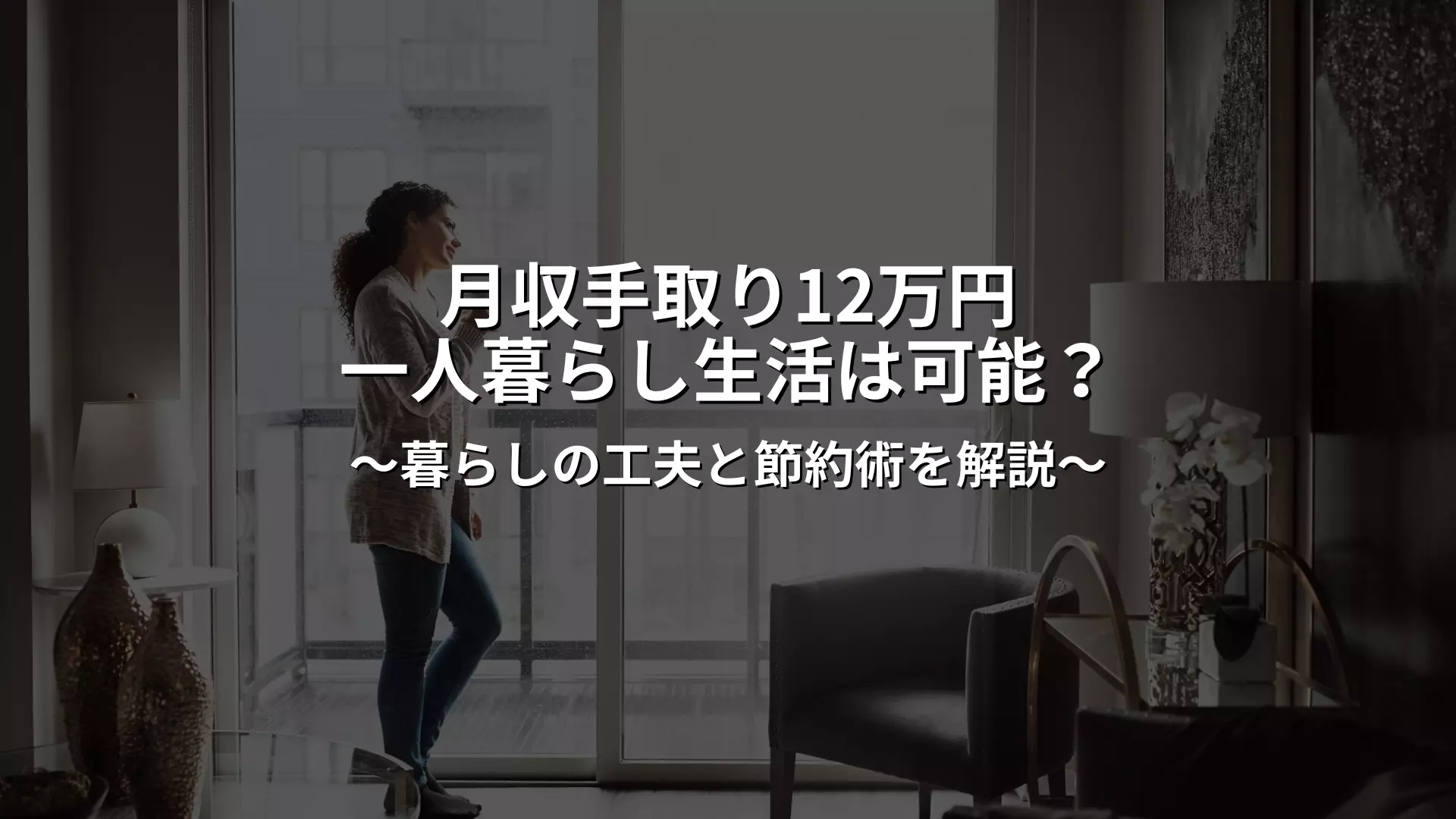Troubles and worries regarding share houses
When moving into a share house, it's a good idea to know about common consultation topics. It's a good idea to check where you can get help and what points you should pay attention to from the time you actually sign the contract until you move out.* Consultations regarding share houses
- Consultation before moving in
- Consultation on move-in procedures
- Consultation regarding troubles during tenancy
- Consultation on moving out procedures
Advice about share houses: 1. Concerns before moving in
Before moving into a share house, you may have many questions and concerns. Generally, you can consult with the share house management company before moving in.We recommend that you check any information you are concerned about before moving in, such as the property information and concept, the age range of the tenants, the layout of the rooms, whether they are furnished, etc. If you are able to actually view the property, it is a good idea to do so at least once.
The big difference between a share house and a regular rental property is that there are common areas. To avoid any problems after moving in, you need to be able to live harmoniously with others.
Consultation regarding share houses ② Move-in procedures
If you have decided on a share house property and signed a rental contract, you can consult with the share house management company or owner about the procedure.The majority of typical rental properties have a contract period of two years, but in the case of shared houses, many properties can be rented for as little as one month.
Even if it is only for a short month, make sure to go through the legal procedures before moving in in a way that you are satisfied with so that no problems arise after moving in.
Advice about share houses ③ Troubles during stay
If you have any problems after moving into a share house, you can consult the management company. Share house managers are familiar with common problems that occur in share houses, and have the know-how to solve any worries or problems you may have based on their experience.Also, since each share house has its own rules, in case of trouble arising from a violation of the rules, the problem may be resolved by imposing a penalty on the violating party.
When it comes to disputes between tenants, the shared house rules are the basis for consideration, and for any other disputes, it is common for them to be negotiated through the mediation of the management company.
If the problems are causing you stress, you may choose to move out and relocate.
Consultation regarding shared houses ④ Moving out procedures
Normally, you will complete the move-out procedures according to the terms of the contract you signed when you moved in. In rare cases, financial troubles may arise when you move out.For example, if you are behind on your rent. Since rent must be paid, you will need to consult with the share house management company, make a repayment plan, and sign a memorandum of understanding.
Also, troubles may arise regarding restoring the property to its original state when moving out. Generally, in the case of a shared house, there is no security deposit, and in most cases you can move out only with a cancellation fee, but in rare cases where a tenant intentionally or accidentally damages or soils the walls, equipment, furniture, appliances, etc., additional restoration costs will be incurred.
Normally, the cost of restoring the property to its original state is charged based on the actual cost, but if you are unsure of your budget, it is a good idea to check the market price online. However, the actual cost will depend on the size of the room and the level of damage, so please use this as a guide only.
How to avoid trouble in a shared house
To avoid getting caught up in trouble at a shared house, it's a good idea to learn ways to avoid it in advance.Beware of properties that are too cheap
Be careful of share houses with too low rent, as they may be illegally operated. Basically, they are not rentable residences, so it is difficult for people to tell openly whether they are illegal or not.To determine whether a house is illegal or not, if the rental fee is low, it is best to assume that it is risky. In addition, properties tend to have many small private rooms, be in a bad location, and be inadequately equipped. Therefore, to avoid regretting your decision later, if a property is too cheap, suspect it may be a scam and avoid getting involved.
There are no properties matching your search criteria at Cross House, so please feel free to contact us.
Check the tenant rules
In order to avoid any trouble during your stay, it is important to check the rules of the share house before you move in. Since a share house is a communal life, being able to follow the rules is a condition for moving in.Here are some examples of rules for residents of a shared house.
- Do not enter other tenants' contracted areas (rooms, etc.) without permission.
- Don't let trash pile up in your room
- Not to invite any third parties other than the contract holder
- Be considerate of noise and conversation
- Valuables must be managed by yourself
- Obeying the no smoking rules
How to use the shared areas
In a shared house, areas other than your room are shared spaces, so you need to be sure to follow the rules on how to use them.Here are some examples of rules for the common areas of a shared house.
- Do not leave personal belongings in shared areas
- Don't leave laundry in the washing machine
- Turn off air conditioners and lights after use
- Refill your toilet paper when you run out
- Labelling food
- Don't use the washing machine at night
Search for a room
Only furnished properties with appliances are listed!
Laws you should know about running a share house
When running a shared house, you need knowledge of the Building Standards Act, Civil Code, and Land and House Lease Act.If you are currently using a shared house and are interested in becoming a manager, it would be a good idea to understand the basic laws. Here is a simple summary.
Building Standards Law
According to the Building Standards Act, the use of a share house is a "dormitory." Dormitories with floor space of less than 200 m2 do not require construction confirmation application procedures. For those with floor space of 200 m2 or more, a confirmation application for change of use is required. In addition, procedures for related laws such as the Fire Service Act are required.Civil Code
In principle, rental contracts for share houses are made in accordance with the provisions of the Civil Code. The obligation to restore the property to its original state, which is a common issue when moving out, has been defined by amendments to the Civil Code.Civil Code Article 621 (LESSEE's Obligation to Restore the Property to Its Original Condition) "If any damage (excluding wear and tear caused by normal use and income, and changes over time) occurs to the property after the lessee receives it, the lessee is obligated to restore the property to its original condition when the lease ends. However, this does not apply if the damage is due to reasons beyond the lessee's control."
In the case of damage to rental property that is not caused intentionally or by negligence, the tenant cannot be obligated to restore the property to its original condition.
Land and House Lease Law
In the case of shared houses, a fixed-term building lease contract based on the Land and House Lease Law is often adopted. A fixed-term building lease contract is a contract in which the property is rented for a fixed period of time, and the contract automatically ends when the period ends.In the case of shared houses, many of the contracts are short-term, so fixed-term building leases are used so that tenants can be notified to move out.
When using a share house, check the legal details and prepare to avoid trouble
When using a shared house, be sure to check the property information before moving in and understand the general procedure for moving in and out. It is important to check the rules of the property to avoid any trouble after moving in.In a shared house, it's a good idea to understand the laws and rules before moving in so that you can use the shared spaces and live with others smoothly.































